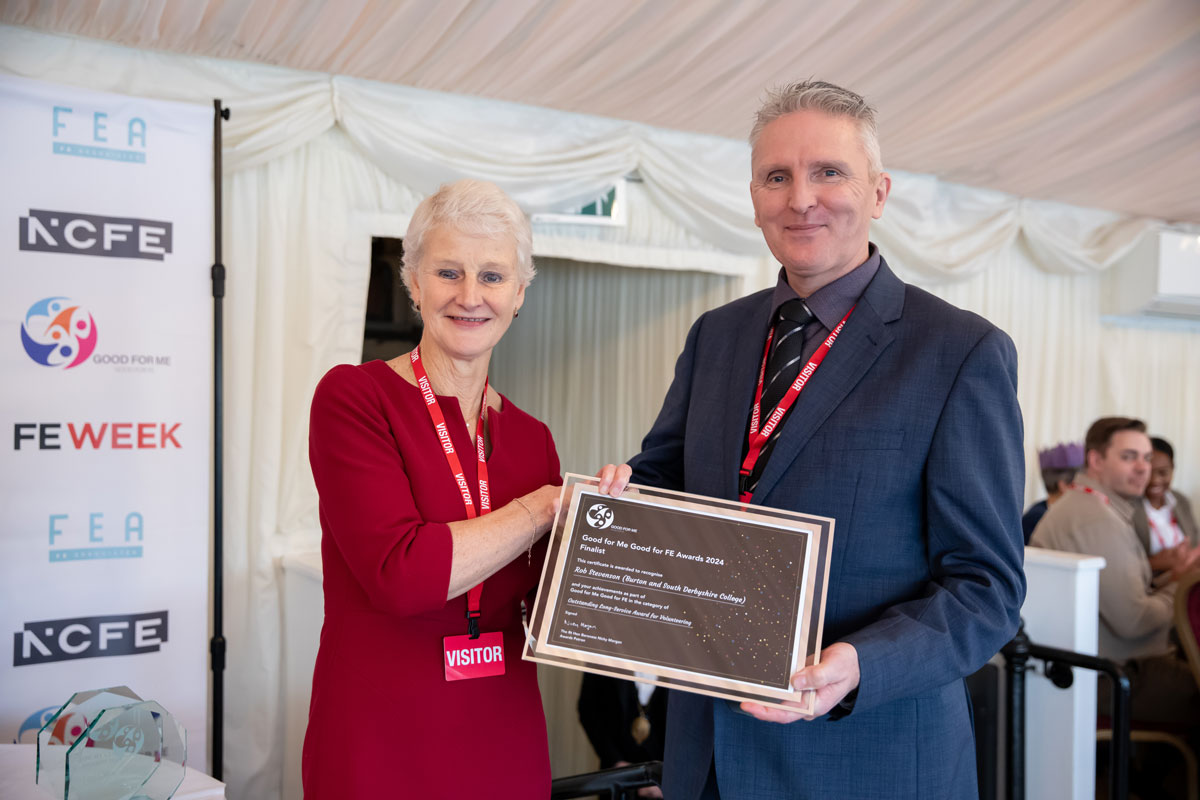Claims for housing issues on the rise, due to unsafe living conditions and cost of living crisis

Legal claims for housing-related matters are on the rise, according to data from University of Salford Business School’s pro bono community legal advice service, SILKS Law Clinic, which has seen an 18% rise in cases to-date this year.
The clinic, which specialises in housing and family law, has experienced higher demand than in previous years due to many clients reporting unaffordable rent increases being imposed on them, as well as a rise in complaints regarding unsatisfactory and unsafe living conditions.

One Salford student who knows first-hand what it’s like to run into challenges with a rental property, is third year LLB Law student, Obioma Ibe, whose landlord unlawfully tried to claim her deposit for issues she shouldn’t have been footing the bill for. It was only due to her knowledge on housing law, in light of her degree, as well as her experience supporting the Law Clinic in this area, that Obioma was able to challenge her landlord and ultimately win her cases.
When Obioma moved out of her rental property in Sale Moor, Greater Manchester with her family in October 2022, her landlord attempted to claim her deposit of £1,038, despite some of the issues having been reported before she moved in and others her landlord was responsible for fixing. Obioma filed a claim against him for her deposit with the independent adjudicator, as well as for damages in the sum of £400 (to refund rent) with the small claims court, arguing her cases both with the law and evidence. She won both cases and her landlord was also required to pay her small claims court fees.
Obioma commented: “Upon moving into my rental property I had reported a few issues, including a broken window, broken and dirty blinds, plus no hot water from the kitchen tap, which my landlord assured me would be fixed. However, as time went on this never happened. It was only when I moved out that he attempted to charge me to fix the broken window along with several other issues that had been raised in the initial inventory and I knew he was responsible for. This included redecorating for general wear and tear, repairing the broken bathtub, replacing the blinds, as well as fixing a dripping tap – which had not been caused by myself or my family.
“I gained some knowledge of tenant’s rights due to the housing law module I had studied through the university law clinic and did some further research to build on this, confirming repairs of this nature are in fact the landlord’s responsibility. Having this insight gave me the confidence to go to the small claims court, where I was able to represent myself and argue my cases with evidence. This led to the landlord refunding my deposit and the rent overpayment he owed me.”
Last year, SILKS Law Clinic completed pro bono work to the notional value of £100,000, approximately a third of which was for housing related legal advice. This number has already increased by 18% for this year.
Louise Hall, Senior Lecturer in Law (Practice) and Solicitor, as well as SILKS Lead at Salford Business School, added: “The cost of living and subsequent economic crisis is having an alarming impact on most members of society, but disproportionately those from low-income backgrounds.
“In recent years, cuts to legal aid have made it even more challenging for tenants to fight for their rights. With the cost of living crisis on top of this, we’re really seeing a rise in opportunistic landlords trying to wrongfully claim deposits for issues they’re responsible for fixing. We’re also increasingly seeing issues like structural damage, leaks and mould go unfixed, which in some instances can have a detrimental impact on the health and wellbeing of tenants.”
SILKS is a legal advice service for the community. The advice is given by Salford Business School’s team of Law Lecturers, each of whom are qualified Lawyers, helped by the School’s Law students working under supervision. Clinics run during term-time, supporting the Salford and Greater Manchester community with free legal advice, which could have otherwise been expensive and beyond the means of the people who need it most.
Louise concluded: “If/when the Renters (Reform) Bill passes into law this should help protect tenants further by freeing them to report disrepair more without fear of eviction. It’s brilliant to see students like Obi being aware of and exerting their rights.”











Responses